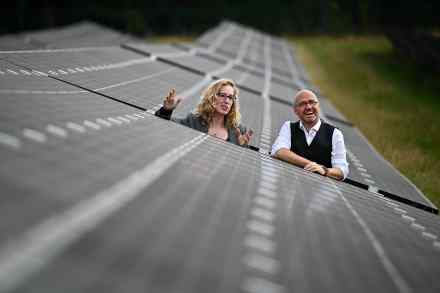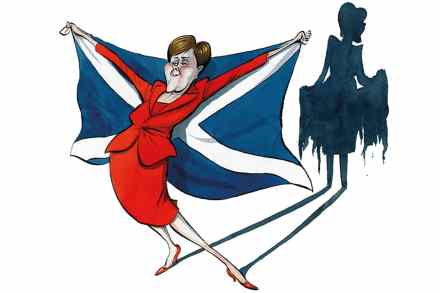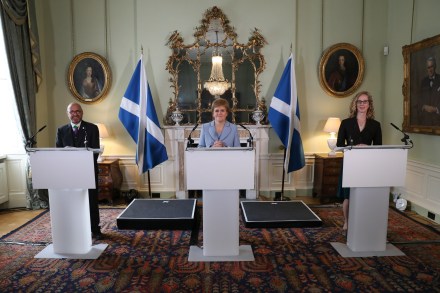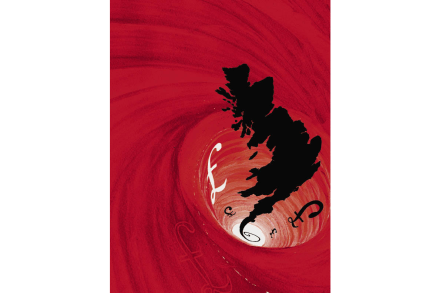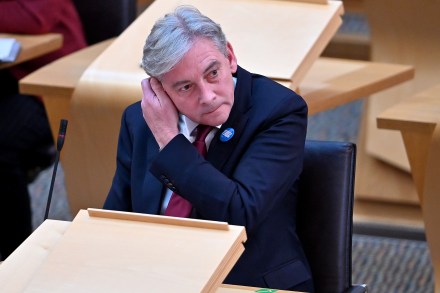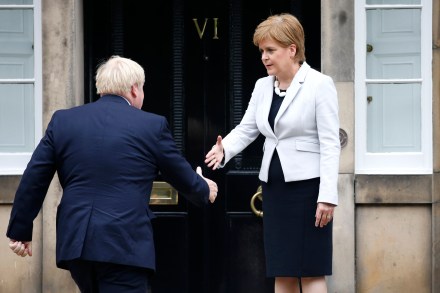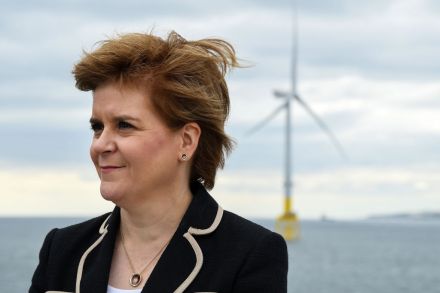Scottish Greens chase the green
Few groups better embody Boris Johnson’s philosophy of ‘cakeism’ than the Scottish Greens. The party is both pro-having cake and pro-eating cake; committed to tackling ‘fuel poverty’ while opposing both fossil and nuclear energy, releasing adverts demanding an end to hardship and penury while disparaging economic growth. Now though the party seems determined to take the biscuit. Having struck a power-sharing agreement with the SNP, the Greens face the luxury of being in both government and opposition at the same time. As former Green MSP Andy Wightman has pointed out, the deal is functionally a coalition, allowing the Greens to have access to the resources of the civil service, via two junior ministerial roles and
